Table of Contents
Types of Ideologies and their Relation with Political Power:
It follows from the nature of ideologies that certain types of ideologies are related to certain types of international policies. Prof. Hans J. Morgenthau discusses certain “typical ideologies of Foreign policies” under the following three headings:
- Ideologies of the Status Quo, such as peace and intenational law.
- Ideologies of imperialism.
- Ambiguous ideologies, such as the principle of national self-determination.
Concerning the above ideologies, Palmer and Perkins say that these “are hardly ideologies at all, but rather umbrella terms which cover a multitude of idea systems and patterns”. However, as Palmer and Perkins regarded ideologies in the first sense, so they did not consider the above types of ideologies as ideologies in the real sense. For our purpose, it is worthwhile to discuss the three types of ideologies which Prof. Morgenthau has enumerated in his “Politics Among Nations”.
Ideologies of the Status Quo:
A nation that seeks to preserve the existing power pursues the policy of the status quo. The policies of nations like Switzerland, Denmark, Norway and Sweden can be defined on the basis of the status quo. These nations pursue policies that tend towards keeping the power which these nations already have. Following the peace settlement after World War I, France could have been named a status quo power. A policy of the status quo often reveals its true nature. It is so because a status quo policy has got certain moral legitimacy. Though in the inter-war period, nations like Great Britain, France, Yugoslavia and Rumania pursued a policy of status quo yet they could not declare status quo as the basis of their policy. It was so because the legitimacy of the status quo of 1918 itself was being challenged. As such another ideology of peace and international law was developed. This ideology was contradictory to the ideology of imperialism because imperialism by its very nature always favours disrupting the status quo. As the policy of international law and peace rested on a desire for peace, so in reality, this policy turned out to be an ideology of the status quo. The main idea of the policy of peace and international law was to maintain peace and international law respected and this could only be possible if the existing arrangements remained unchanged and unaltered.
Ideologies of Imperialism:
The policy of imperialism is always in need of some justification for altering the existing territorial arrangement. This policy must prove that the status quo which it desires to overthrow is necessary. It bases its case on moral grounds and on natural law i.e., the law as it should be. Thus Nazi Germany based its demand for the revision of the Status quo of the treaty of Versailles mainly on the principle of equality which the treaty of Versailles was said to have violated. The demand for the colonies and the revision of the unilateral disarmament provisions of the Treaty were derived from this very principle. Ideologies of imperialism seek to overthrow the status quo on the basis of natural law i.e. the law as it should be. They do so by ideological slogans such as “the white man’s burden”, the “national mission”, a “Christian duty” and so on. Napoleon swept over Europe under the slogan of Liberty, Equality, Fraternity. Now, in the present era, under the influence of Charles Darwin and Herbert Spencer, the ideologies of imperialism have preferred biological arguments. The philosophy of Darwin and Spencer as the survival of the fittest has been transformed into the military superiority of strong nations. Communism, Fascism and Nazism have all given this biological argument in revolutionary terms.
Ambiguous Ideologies:
The ideology of anti-imperialism draws its effectiveness from its ambiguity. The observer is confused as to whether he is dealing with the ideology of imperialism or with the policy of the status quo. Such a type of ambiguity arises when an ideology is used both by the defender of the status quo and the promoter of imperialism.
In the past and particularly in the eighteenth and nineteenth centuries the balance of power was used both by those who believed in the Status quo and those who promoted imperialism. Now, in recent years three such types of ideologies have developed-
- National self-determination.
- The ideology of the United Nations.
- The ideology of peace.
Principle of National Self-Determination- The principle was conceived by Woodrow Wilson. Wilson justified the liberation of Central and East European nationalists from foreign domination. On the basis of this principle, German minorities of Czechoslovakia and Poland tried to undermine the national existence of Czechoslovakia and Poland.
The Ideology of the United Nations- When the United Nations was formed with five permanent members, its main purpose was to maintain the status quo established in the Second World War. The underlying assumption was that the world could be saved from the horrors of war only if the status quo was respected. The aims and objectives and the provisions of the United Nations have now been interpreted to justify the maintenance of the Status quo. Now the U.N.O and its charter have become an ideological weapon used in justification of one’s own policies and actions so that the true nature of the policies may be concealed.
The Ideology of Peace- With the fear of the Third World War, all governments of the present always try to convince the people about their peaceful intentions. The pronouncements, often made by great powers about their peaceful intentions are generally used to conceal the basic objectives of their foreign policies. The policy of peace performs two functions. First, it helps the statement to conceal the true nature of the policies they pursue behind a mask of pronounced peaceful intentions; secondly, it also helps in attracting the support of men of goodwill from every corner of the world.
The above discussion about the ideology as a means for the attainment of maximum power would show that a study of power politics is fraught with difficulties. Unless one understands the distinction between the objectives of power as pronounced in the ideology and the actual objectives discernible in practice, it is difficult to understand the true nature of international politics. As such, to know the true nature of a foreign policy one should understand the distinction between ideological pretence and actual objectives pursued by the policies. However, it is very difficult to know such a distinction with certainty because of the general difficulty of detecting the true meanings of any human action. This problem is further rendered difficult by two factors. One is the difficulty in distinguishing a bluff indicative of a policy of prestige from an ideological disguise of actual imperialism: the other difficulty is to discover the actual meaning of a policy behind the ideology of status quo.
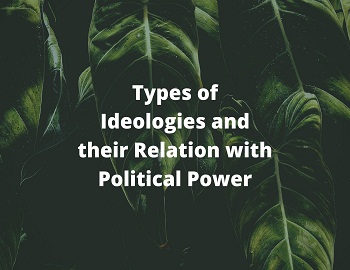
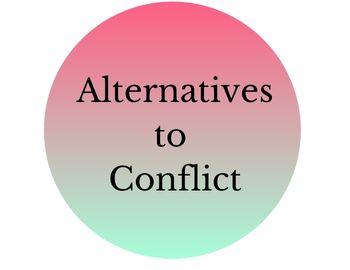
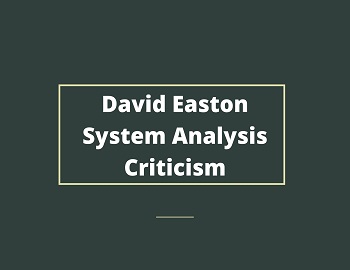
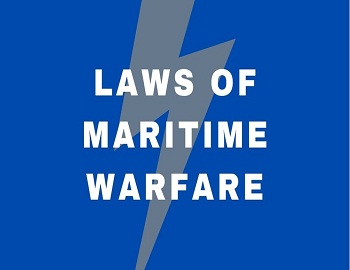

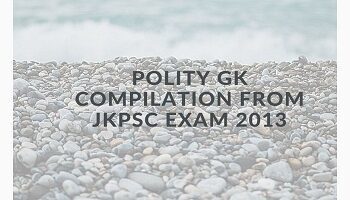


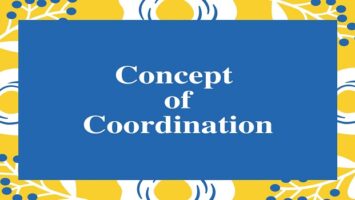
Comments (No)